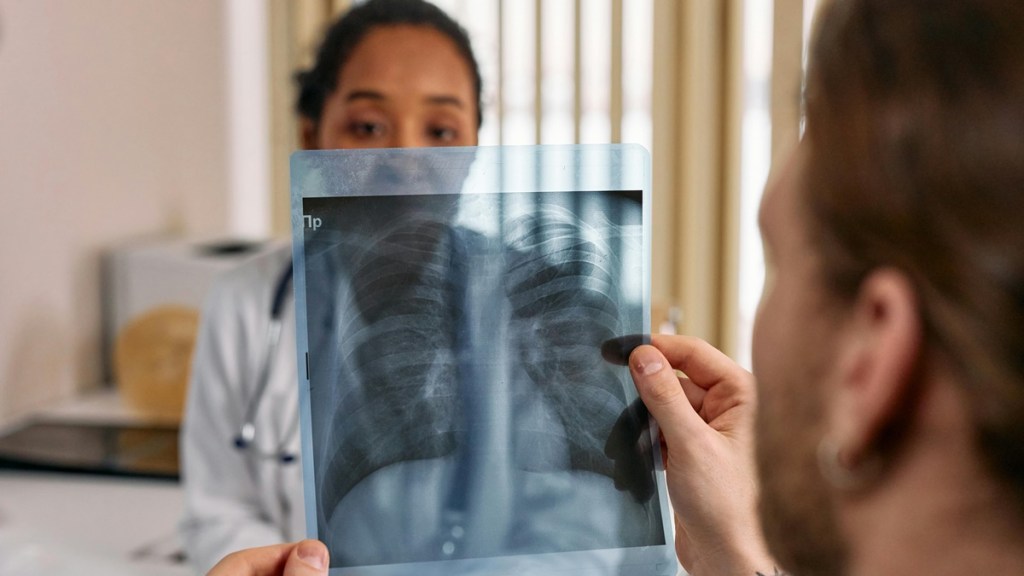World Tuberculosis Day 2025: Tuberculosis is a serious diseases that usually affects the lungs and it is caused bacteria called Mycobacterium tuberculosis. According to the World Health Organization (WHO), a total of 1.25 million people died from tuberculosis (TB) in 2023 (including 161,000 people with HIV).
In 2023, an estimated 10.8 million people fell ill with TB worldwide, including 6.0 million men, 3.6 million women and 1.3 million children. TB is present in all countries and age groups.
Every year, March 24 is marked as World Tuberculosis Day to amplify the urgency of ending TB which the world’s deadliest infectious disease despite being curable and treatable.
What are the symptoms of Tuberculosis?
Common symptoms of TB are:
- prolonged cough (sometimes with blood)
- chest pain
- weakness
- fatigue
- weight loss
- fever
- night sweats
The symptoms people get depend on which part of the body is affected by TB. While TB usually affects the lungs, it can also involve the kidneys, brain, spine and skin, WHO stated.
How to treat TB infection?
Tuberculosis disease is treated with special antibiotics. Treatment is recommended for both TB infection and disease.
The most common antibiotics used are:
- isoniazid
- rifampicin
- pyrazinamide
- ethambutol.
“To be effective, medications need to be taken daily for 4–6 months. It is dangerous to stop the medications early or without medical advice as it can prompt TB bacteria in the body to become resistant to the drugs. TB that doesn’t respond to standard drugs is called drug-resistant TB and requires treatment with different medicines,” WHO stated.
How to prevent TB?
WHO recommends the following steps to help prevent tuberculosis infection and spread:
- Seek medical attention if you have symptoms like prolonged cough, fever and unexplained weight loss as early treatment for TB can help stop the spread of disease and improve your chances of recovery.
- Get tested for TB if you are at increased risk, such as if you have HIV or are in contact with people who have TB in your household or workplace.
- TB preventive treatment (or TPT) prevents infection from becoming disease. If prescribed TPT, complete the full course.
- If you have TB, practice good hygiene when coughing, including avoiding contact with other people and wearing a mask, covering your mouth and nose when coughing or sneezing, and disposing of sputum and used tissues properly.
- Special measures like respirators and ventilation are important to reduce infection in healthcare facilities and other institutions.


